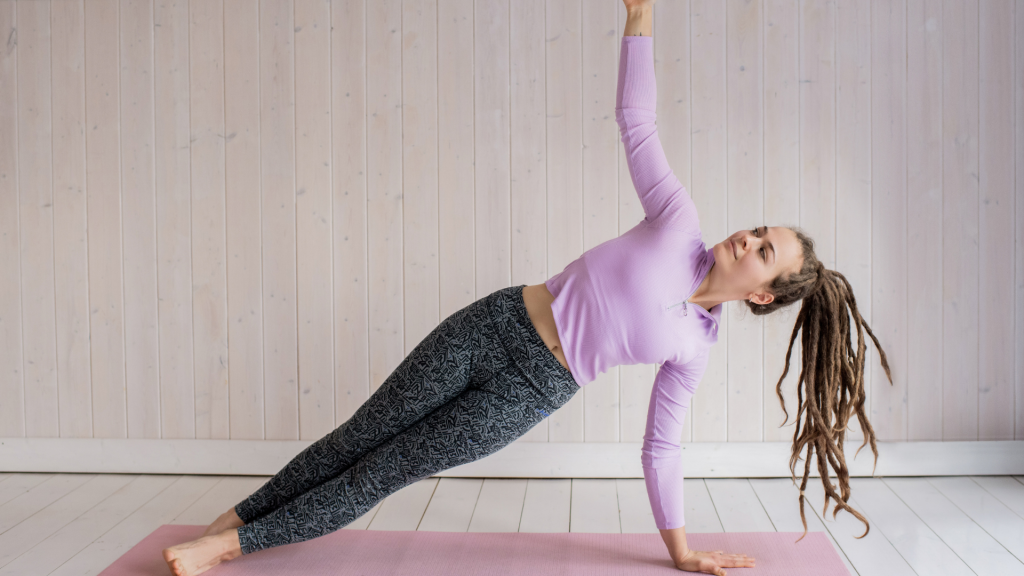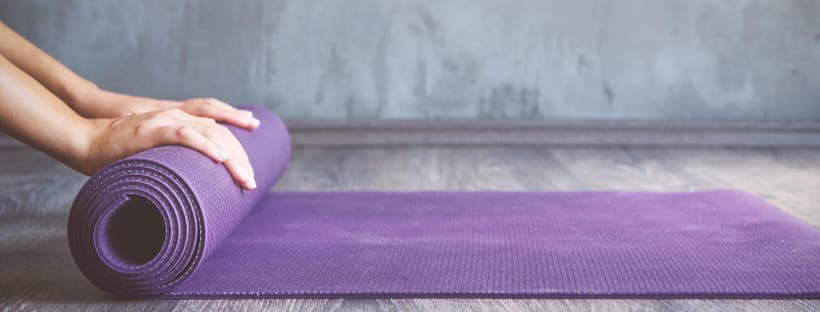Weekly Update
Doing midlife my way; strong, tired, nourished & still standing
This is not a prescription or a promise – just my personal journey of finding balance while navigating peri-menopause/menopause without HRT.
Why no HRT?
In my case, I have a blood condition that rules it out.
I’ve also explored options like the coil – but the idea of having a foreign object in my body doesn’t sit well with me. I’ve heard more negatives than positives, and honestly?
I trust my gut.
That said, I still deserve to feel good.
So I’ve spent the last couple of years building a lifestyle that helps me stay strong, energised, and emotionally balanced – without relying on hormonal interventions.
Food first – but no diets, ever
I follow intuitive eating – not in the fluffy just eat what you want way, but in a way that’s built on understanding my body, respecting its signals, and nourishing it properly.
Here’s what that looks like for me:
140g of protein per day
spread across 4 meals (around 35g per meal)
Carbohydrates tailored to activity levels
more on training days, less when I’m resting
Good fats
for hormone support and brain function
Adequate fibre
to support gut health and digestion
Plenty of fluids
with added electrolytes and magnesium to support hydration, recovery, and sleep
A gut health supplement
before breakfast
Creatine
in my morning tea (yes, it dissolves beautifully and does wonders for cognitive and muscular health)
Collagen
usually after a workout or before bed, stirred into a glass of milk (supports my joints, skin, and connective tissue)
To make things simpler (and more sustainable), I:
- Plan a week of meals in advance
- Keep meals on repeat – no need to reinvent the wheel
- Batch cook where I can
- Stick to single-ingredient foods – it keeps things clean, cost effective and far easier to manage
I also follow the 80:20 rule – roughly 80% of my food choices are there to nurture my body, and the other 20% are there to nurture my soul.
So if I fancy a dohnut, I’ll have one.
No guilt, no games.
Just balance.
Movement that serves me
Exercise is a huge part of how I care for myself – not just physically, but emotionally and mentally too.
Here’s how I move each week:
– 3 full-body strength sessions, built around the 4 pillars I swear by:
🔸 Consistency
🔸 Repeatability
🔸 Progressive overload
🔸 Time
– 2 Zone 2 cardio sessions (usually cycling – gentle but purposeful)
– Core & mobility work woven in regularly
– 2 proper rest days – because recovery is just as important
Most importantly, I know when to dial things up and when to scale it back, based on how I actually feel.
No guilt, no punishment.
Just respect.
Sleep is sacred
It’s not always perfect, but I prioritise 7–9 hours of sleep a night, and I’ll sneak in a nap if I need one.
A few things that help:
– magnesium & electrolytes in my first water bottle of the day.
– magnesium foot balm at bedtime (simple but grounding)
Sleep is when your body resets especially in midlife.
I guard mine like gold.
Listening is everything
I’ve learned to listen to my body in ways I never did in my 20’s or even 30’s.
I don’t override signals anymore.
If I feel off – I pause.
If I feel strong – I go for it.
I don’t chase balance daily, I zoom out and look at the bigger picture.
Over a week or a month, am I fuelling myself?
Moving often?
Resting enough?
Connecting with others?
Feeling emotionally stable?
That’s what matters.
Managing menopause without HRT isn’t always easy – and it certainly isn’t talked about enough.
But it is possible to feel good. To feel capable. To feel like yourself again.
Not by doing anything extreme.
Not by chasing gimmicks.
But by building a life that works with your body, not against it.
It’s your body, your journey. And it’s okay to do things differently.
Sam ‘183 days and counting’ Hobbs



